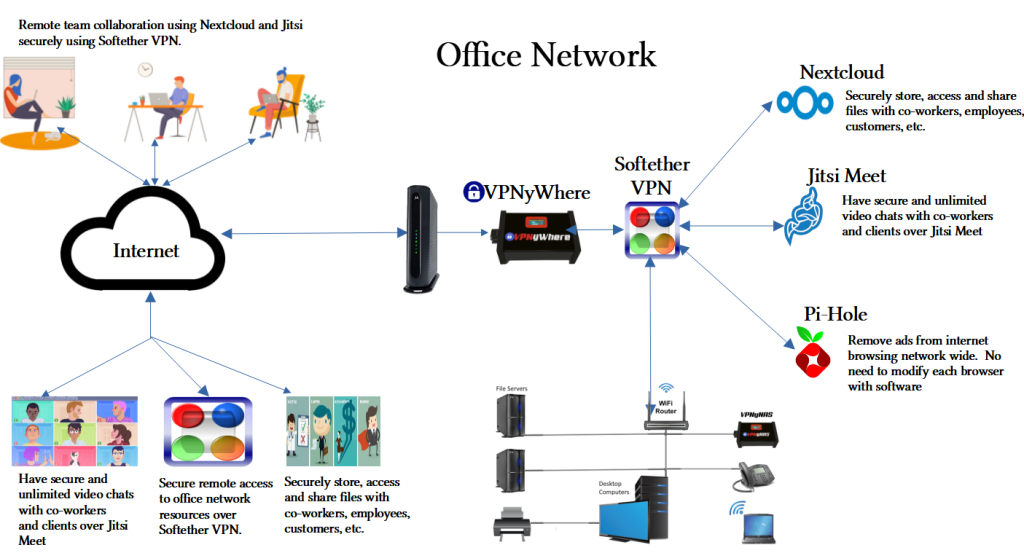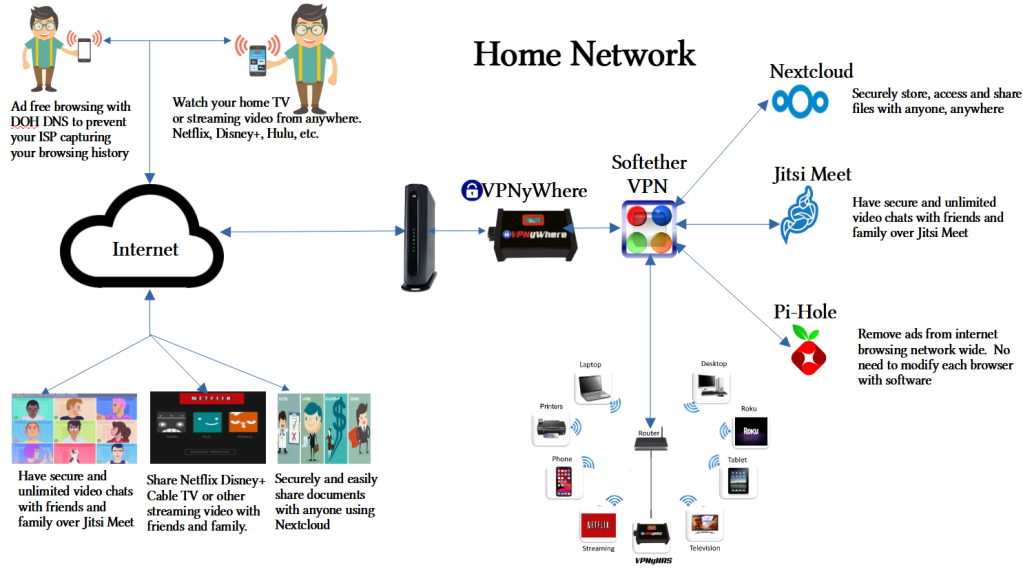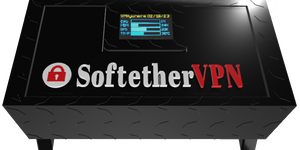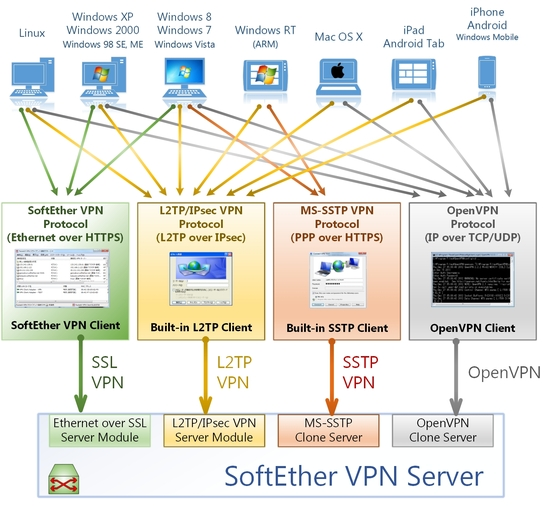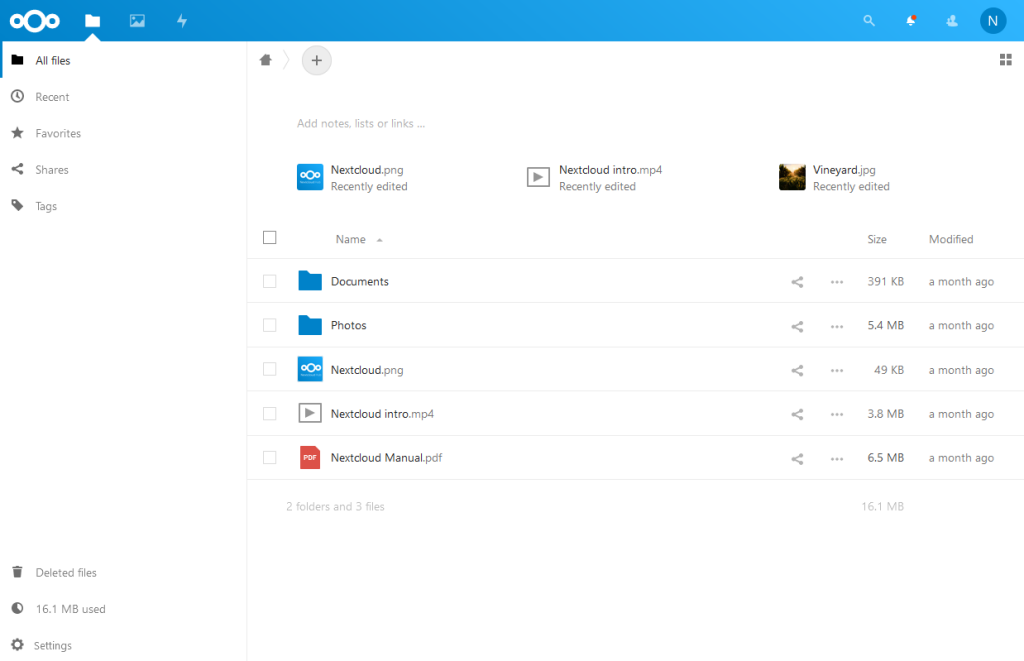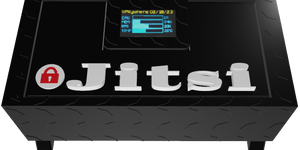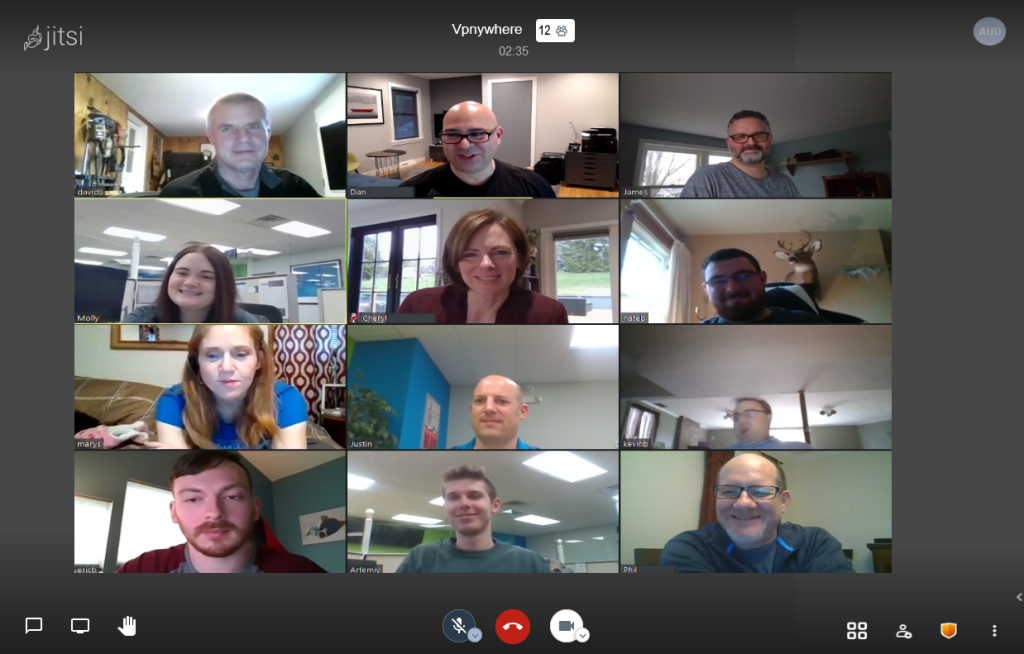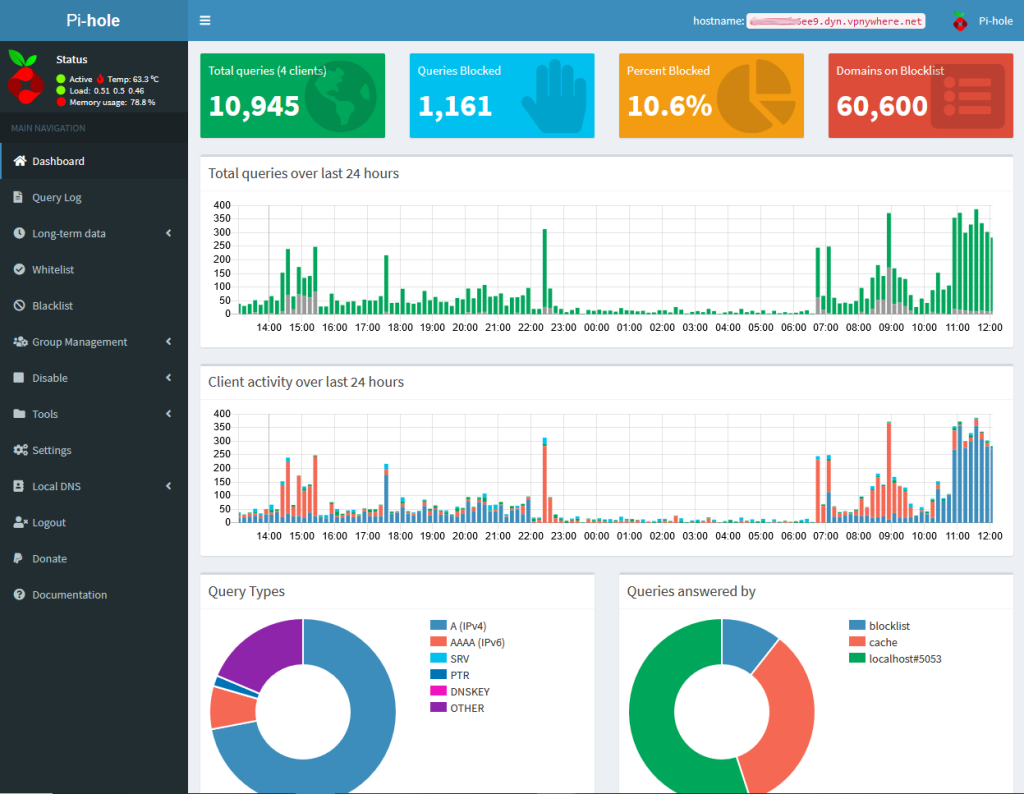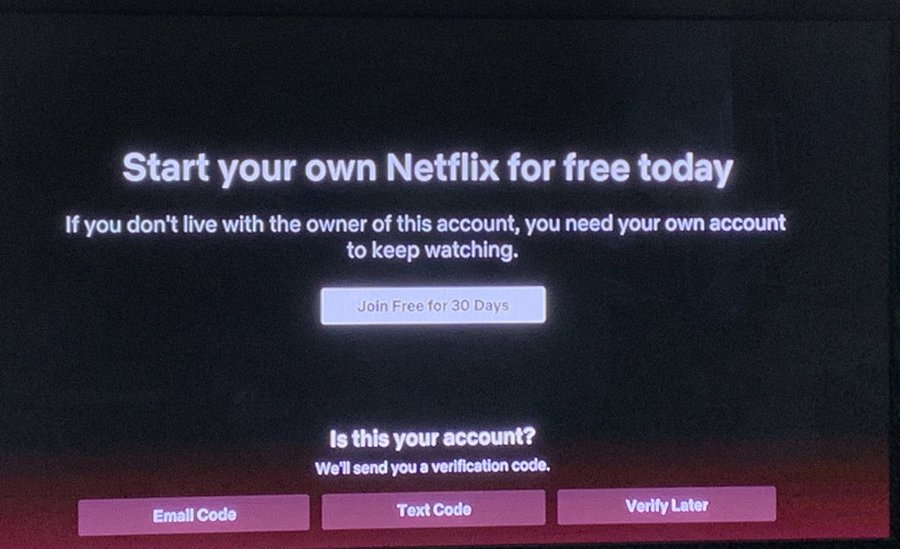What is VPNyWhere?
VPNyWhere provides self-hosted application servers that give you secure access to your office or home network from anywhere in the world. VPNyWhere comes pre-configured with leading Open Source software providing a VPN server (Softether VPN), File Sharing server (Nextcloud), Video conferencing server (Jitsi Meet) and network wide ad blocking (Pi-Hole). VPNyWhere is designed for both business and home use.
There are no monthly fees for using VPNyWhere. Stop paying for Dropbox, Google Drive, Zoom, Teams, NordVPN, etc. each month by using Nextcloud, Jitsi Meet and Softether VPN on your VPNyWhere box.
If you value your privacy and security, you should use VPNyWhere instead of software from cloud based companies that hackers love to target.
VPNyWhere and all of the applications it hosts are only accessible from the internet through the VPN. No one can access your network from the internet unless you first give them a VPN account. Even then, you can restrict or allow what each account has access to on your network.
Make the move away from the cloud where hackers thrive…
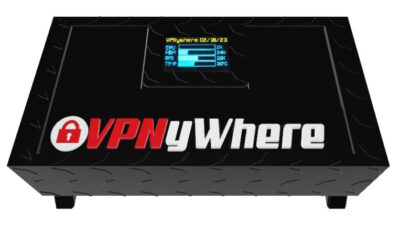
To VPNyWhere where your privacy is guaranteed!
VPNyWhere is an Open System, using Open Source Software.
You have complete control and root account access. If you want to expand your system and add additional software or modify what’s currently provided, you have full access to change whatever you like.
- VPNyWhere uses a Raspberry Pi 4 with 4GB of ram as the system board, running Ubuntu server 20.04 LTS. The system is highly optimized for running on Raspberry Pi systems ensuring minimal SD card access and hardened security practices.
- Each system includes a dynamic DNS name so that both your systems local IP address and the external IP address are addressable using a domain name. There are 2 dynamic DNS address assigned:
-
- local IP address: <uniqueid>.local.dyn.vpnywhere.net
- internet IP address: <uniqueid>.dyn.vpnywhere.net
This allows you to reach your VPNyWhere system from your local LAN using <uniqueid>.local.dyn.vpnywhere.net as well as reach it from the internet using <uniqueid>.dyn.vpnywhere.net .
- Each VPNyWhere system also includes its own Letsencrypt SSL certificate which is bound to your unique dynamic DNS address. This allows you to host other secure services on your system such as a web server. Letsencrypt certificates expire automatically every 3 months, but VPNyWhere automatically renews each certificate before it expires.
Designed for quiet, reliable 24/7/365 operation.
Each VPNyWhere system comes equipped with a proprietary heat sink system that keeps the system cool and running optimally. Copper is used to transfer heat from the 5 chips that produce the majority of the heat to aluminum plates that dissipate that heat to the surrounding air. No noisy fans that eventually break or get clogged with dust. Just quiet, cool operation.
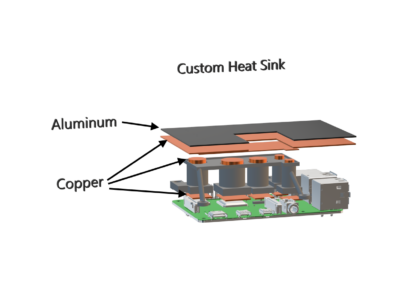
VPNyWhere Applications
Softether VPN
VPNyWhere provides Softether® VPN for secure remote network access. SoftEther®(“Software Ethernet”) is the most advanced open source, enterprise-class, multi-protocol VPN server package available today. SoftEther is superior to, and fully compatible with, OpenVPN Server for Server-to-Server VPNs, as well as Microsoft’s VPN server and client offerings, as well as all versions of Microsoft’s operating systems plus Android, Linux, Mac OS, and IOS. SoftEther includes clone versions of OpenVPN Server and Microsoft’s STP Server for full compatibility with already installed VPN clients.
SoftEther also includes its own, open source, easy-to-configure VPN client for all platforms. Putting a VPNyWhere box in your office allows your employees to access the office network securely over the VPN with very granular controls. Putting a VPNyWhere box in your home allows you to access your home network from anywhere, just as if you were at home. It also allows you to watch streaming services like Netflix remotely because you’re streaming from Netflix to your home, not to some cloud based VPN. No more Netflix blocking and no more monthly VPN bill!
Click on the link below to see the difference in your Privacy when using NordVPN, NortonVPN and OpenVPN.
Nextcloud
For file and document sharing, VPNyWhere provides Nextcloud, the Open Source alternative to Dropbox and Google Drive among others. Securely share your files, documents, videos etc. just like you would with Dropbox or Google Drive, but without any limitations or monthly fees. And guaranteed secure since you host it, not some random cloud server you’re supposed to trust with your data.
Click the link below to see the difference in your Privacy when using Google Drive, Dropbox and Nexctcloud.
Jitsi Meet
VPNyWhere provides Jitsi Meet for remote meetings similar to Zoom meetings, but without the limitations of Zoom meetings and no monthly Zoom bill. No time limits. No additional fees. Depending on your bandwidth, Jitsi Meet can host up to 30 concurrent video conference users. Jitsi Meet is guaranteed secure like everything on VPNyWhere since you host it, not some Closed Source cloud server in China.
Click the link below to see the difference in your Privacy when using Zoom, Google Meet and Jitsi Meet.
Pi-Hole
Tired of seeing thousands of ads while browsing the internet? VPNyWhere provides the Open Source ad blocking software called Pi-Hole. With Pi-Hole enabled, you won’t be deluged with ads. Instead you see just a blank Hole where the ad would normally have been. Pi-Hole eats all of those pesky ad requests coming from your browser so you don’t see them. And Pi-Hole operates at the network level, not inside the browser. No plugins or other modifications are required and everyone on your network enjoys ad free browsing. This makes browsing not only much more enjoyable, it also saves on your network data usage since the ads aren’t downloaded anymore.
Click the link below to see a side by side comparison of watching a news article with and without Pi-Hole on to see how much better browsing can be as well as the reduced network traffic from not showing all those ads!!
Netflix Sharing
Netflix is finally cracking down on sharing your password with remote friends and family. It’s started requiring 2 Factor Authentication (2FA) when someone streams from an unknown device. This means if you’ve shared your Netflix password with friends and family, your primary email or phone is going to start receiving authentication code requests each time your remote friends or family try to use your password. Netflix may also begin IP address checking. If they see people accessing streams from multiple IP addresses other than your home IP address, they’re likely to begin blocking them. This will likely be the end of password sharing for not just Netflix but for Disney+, Hulu, etc. which may follow Netflix example.
However, if you have VPNyWhere you can still share your password for Netflix or any other streaming service just like you do now and it can’t be blocked. Netflix won’t know that your kids at college are using your Netflix account. Just give your friends and family you want to share with a VPN account on your VPNyWhere box and they can use Netflix or any other streaming service. Once they’re connected to VPNyWhere, all their streaming traffic will go through your home IP address before getting sent to their location. To Netflix, it will look as if you’re simply watching Netflix from your home.

